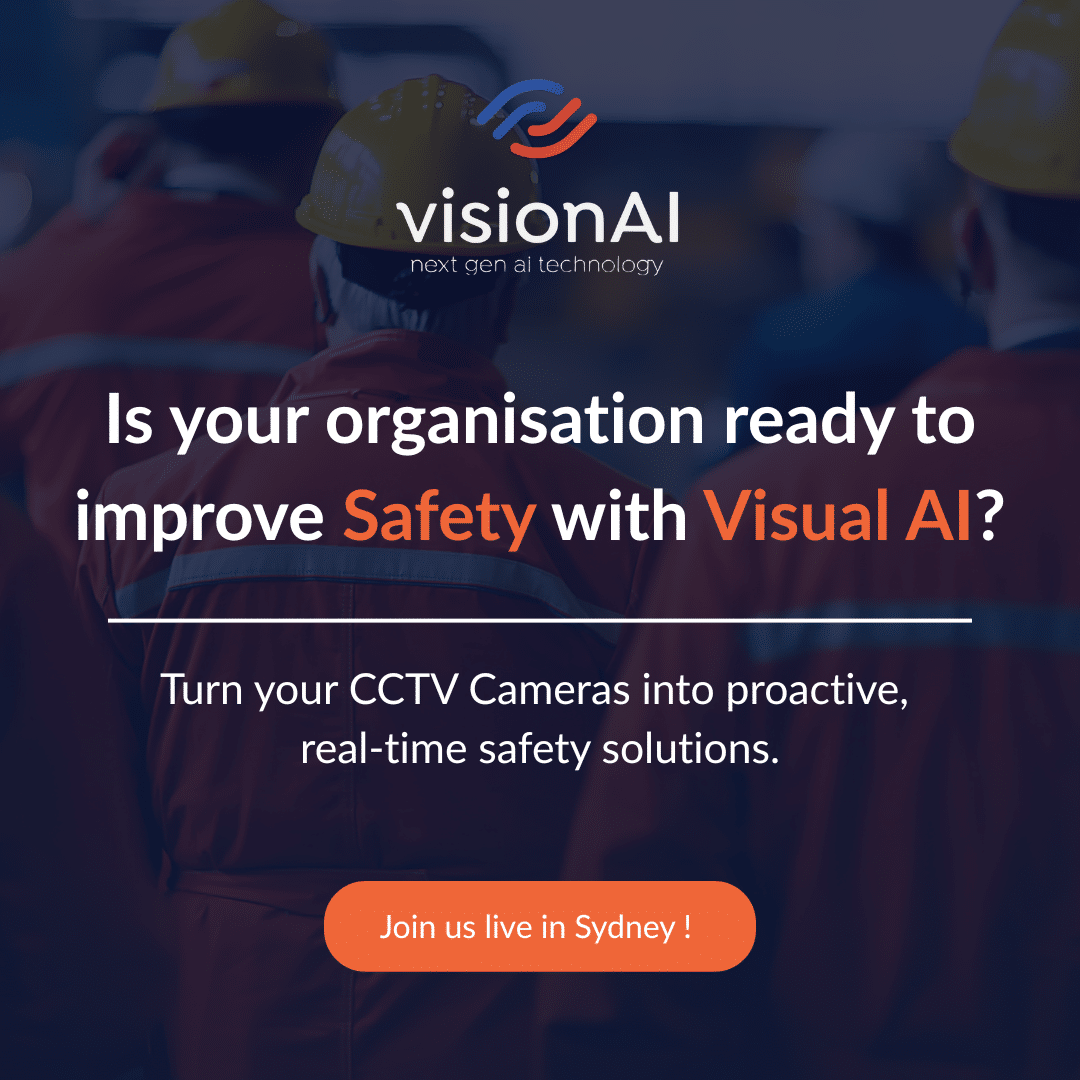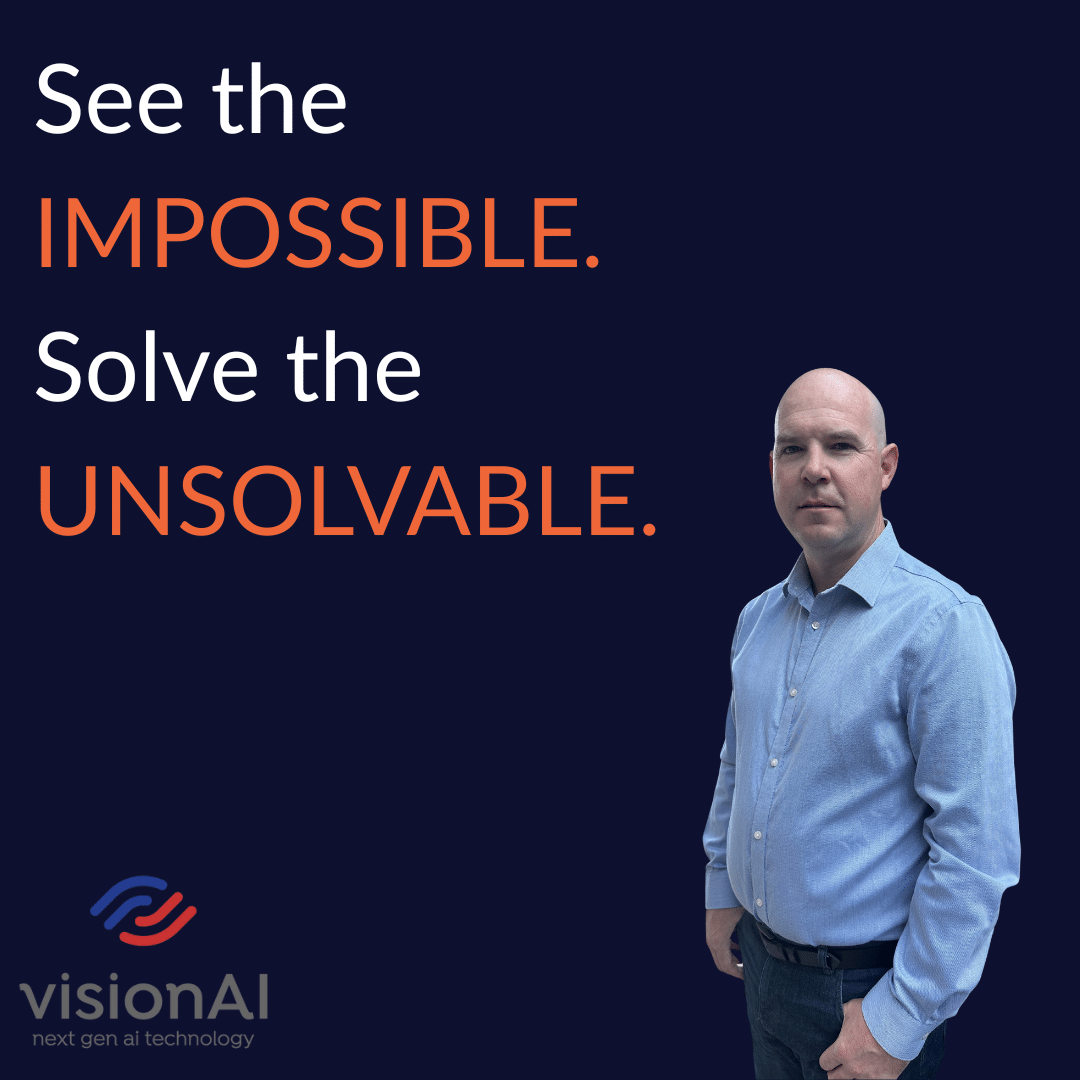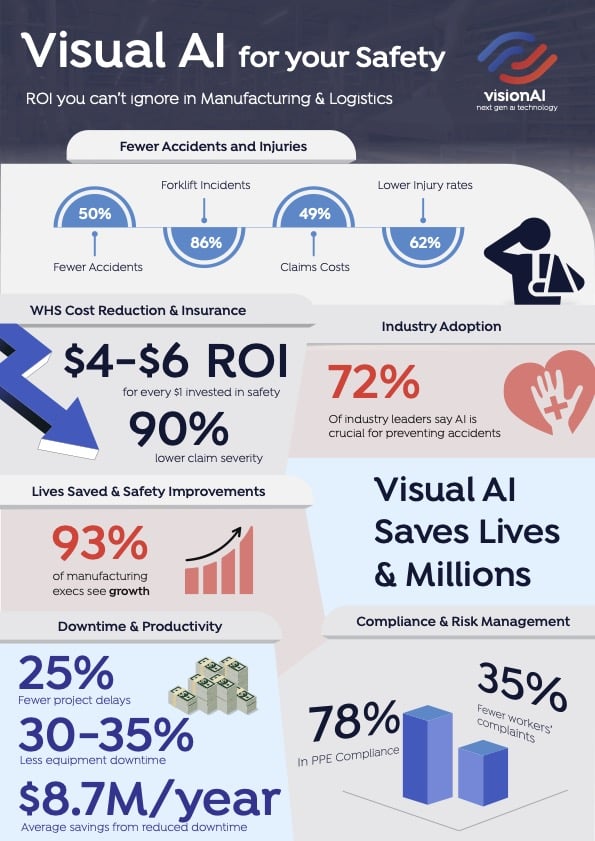Wondering how Artificial Intelligence is transforming the insurance industry? AI technology has already begun to change how insurers do business by helping them become more efficient and effective.
Technology is advancing daily, affecting industries from manufacturing to human resources and insurance. It has become increasingly apparent that artificial Intelligence (AI) and machine learning can collaborate with humans to transform the future of business and the way we work and live.
Artificial Intelligence (AI) and machine learning is revolutionizing the insurance industry in several ways, benefiting insurers and customers.
Automating processes with Artificial Intelligence has helped insurance companies operate more efficiently. The increased availability of behavioral and telematics data is also assisting insurers in using this technology to develop more personalized products for customers.

Welcome To The Present of AI-Enabled Insurance
Welcome to the present, and future, of AI-enabled insurance, meeting both the needs of the insurer and the customer!
Innovation might not be first to mind when considering the insurance sector. The insurance industry is highly regulated and complex, and adopting new technology may have been slower than other industries until now.
Artificial Intelligence, generally, is the idea of building machines that can think like humans, and machine learning teaches computers to learn in the same way humans do. And, since insurance companies have always been data-heavy, AI is poised to impact the sector significantly.
Insurance companies have been embracing the opportunities Artificial Intelligence opens up for them, and it’s a win-win for both themselves and their clients.
Insurance companies are spending big on AI, and for very good reason.
Automating and Streamlining Processes Using AI
As customers, we often associate insurance companies with loads of paperwork, time-consuming meetings, filling complicated claims, and waiting for a decision. Artificial Intelligence allows insurance companies to radically change that image with better service delivery maintaining high transparency, saving customers from worrying and increasing their trust towards the insurance provider.
Intelligent automation drives the best investment return for repetitive, standardized, and attention-demanding workflows. The management of claims is an excellent example of such.
Popular use cases for Artificial Intelligence in claims management include:
- Initial claims
- Detecting fraudulent claims
- Claims management audit
Insights from a McKinsey report stated that claims management could eat up to 50%-80% of premiums’ revenues. The processing of manual claims are also prone to errors and inefficiencies, increasing operating costs. Insurance companies are putting plans in place for achieving greater operational efficiency in place with the help of emerging technologies, including artificial Intelligence.
Machine learning algorithms effectively scan all the incoming data and interpret it instead of insurance agents to provide faster settlement to end-users. When you train data for machine learning, deep learning and machine learning algorithms can self-improve over time without programming. The data helps insurance companies access even more accurate and complex insights.
Companies are using AI to stimulate business growth, lower risk and automate various processes reducing overall business costs. More data means better decision-making and reduces risk.
Rapid Document Digitization With OCR
Optical character recognition (OCR) is a tech-enabled process recognizing hand-written digits and texts. Many insurance companies still rely on paper-based forms and print documents, which is where OCR is a game-changer, improving operational efficiency.
Insurance agents are empowered with automated systems, using accurately captured data and reconciling data from paper-based forms, augmenting it with inputs from other sources. Automation can drive up to 80% in saved costs for individual processes, as reported by McKinsey.
OCR applications can also improve the overall onboarding of a new customer. All necessary data can be extracted from ID documents and added to the customer profile in seconds. Insurance agents now have the ability to onboard a customer digitally through web portals and mobile apps, reducing onboarding costs and increasing the speed and customer satisfaction factors.
Streamlining customer acquisition isn’t an area insurance companies would want to skim on. An EY’s Insurance Industry Outlook 2021 reports that:
- 69% of customers currently prefer to buy auto insurance online
- 61% would like to purchase health insurance online
- 58% now consider purchasing life insurance online

AI Helping Insurance Companies Manage Risk
Fraudulent claims are a plague for insurance companies.
From false claims to false information, fraudsters impose a substantial financial loss annually on the industry. Machine learning and AI algorithms can analyze massive datasets and identify patterns to detect fraudulent claims in advance. Scammers constantly discover new techniques to cheat the system, and these AI algorithms can be designed to evolve with the latest trends in data.
The figures are staggering and understandable, given that most insurance companies still rely on outdated systems incapable of detecting elaborate fraud schemes. Artificial Intelligence powering fraud detection can address these shortcomings, all while giving insurance agents valuable intel. Machine learning and deep learning systems are also capable of identifying recurring patterns. The ability makes AI and machine learning strong candidates for capturing out-of-the-ordinary behaviors within the systems or amongst individual clients.
An algorithm can be pre-trained on an employee’s computer and network. Using data, it can monitor the employee’s behavior during the workday. Suppose it detects a certain degree of deviation from the standard working method, such as multiple unauthorized access requests. In that case, a security system has the ability to flag the user and alert a security team for further investigation.
Computer vision allows insurance companies to automate their customer verification and onboarding process. This technology, combined with 8-way checks and third-party integrations such as Home Affairs, can help reduce fraud with an automated verification process to verify a customer’s identity and personal information.
AI and automation allow insurance agents to run through applications quickly and automate background checks during the customer onboarding stage to calculate the risks associated with individuals or businesses carefully.
Chatbots Are The New Face of Customer Service
In an insurance information-heavy environment, it is common for customers to have lots of questions regarding different policies and processes. AI-powered chatbots are very helpful in this space, providing 24/7 support and service with faster response times.
Using customer service chatbots, it becomes easier to provide better prompt assistance at various customer journey touch-points, streamlining the processes and enhancing customer engagement.
Benefits of using a customer service chatbot:
- 24×7 Availability
- Providing instant support
- Delivering a better customer experience
- Minimize customer support costs
- Reducing the number of support system ticket
- Collect real-time feedback from customers
- Improve insurance agents’ productivity
Chatbots can be highly effective in processing claims, cutting insurance agents’ daily workload. Chatbots can also intelligently route calls to specific agents or executives for quicker resolution, and can help with lead generation, conversions and acquiring customer insights.
Improving Efficiency and Offering Better Service
AI will continue to transform the insurance industry by improving efficiency while offering a better service to their clients. This Digital Transformation Index published by Dell in 2018, places artificial Intelligence as one of the top 4 investment areas to enable digital business.
Technology is driving a fundamental change in insurance, which will be noticeable in customer service, communications, and its primary purpose.
“Insurance will shift from its current state of ‘Detect and repair’ to ‘predict and prevent,’ transforming every aspect of the industry in the process.” – McKinsey ReportAI enables your insurance agents to work smarter, which benefits the organization with time and money saved. The result will be better service delivery and more relevant and timely offers. Simplify and meet your compliance requirements with an AI-driven Verification platform developed with insurers in mind – request a demo today!




